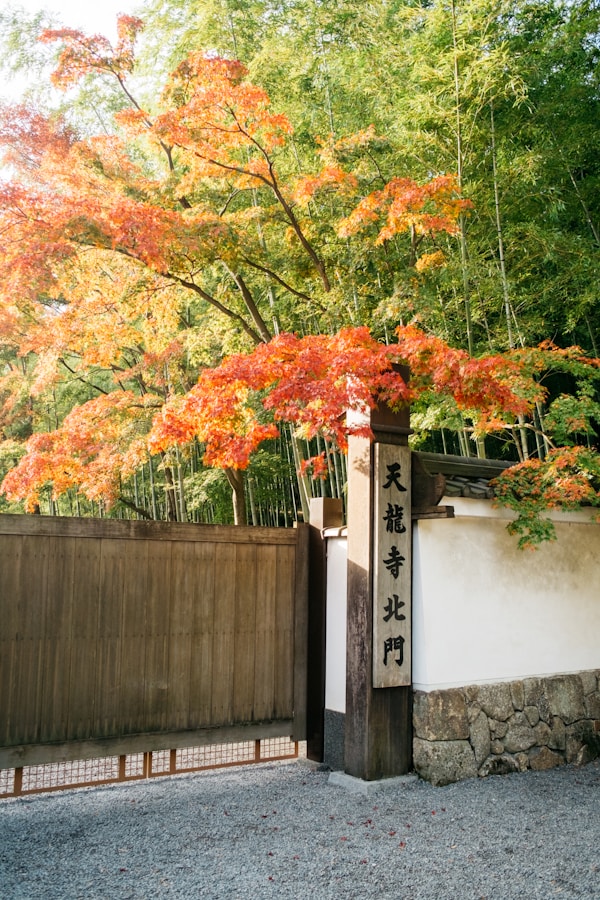.svg)
Can You Buy in a Depopulated Village and Still Get Internet?
.svg)
.svg)
.svg)

Should you rent before buying an akiya in Japan? Discover the pros and cons of renting first, from testing rural life to avoiding buyer’s regret, in this guide for foreign buyers.
.jpg)

Buying a house in Japan—especially an akiya—can feel like diving headfirst into a dream. The homes are cheap, the landscapes are stunning, and the idea of creating a life in the countryside is intoxicating.
But before you wire your money for that ¥1.5M fixer-upper, you might want to ask yourself: Should I rent first?
Renting before buying isn’t just a safety net—it can be one of the smartest moves you make. Let’s dig into the pros, cons, and strategies behind this decision.
.jpg)
The countryside looks magical on paper—but reality can be different. Renting lets you:
Moving rural in Japan isn’t just about the house—it’s about the neighbors and jichikai (community groups). Renting gives you a way to:
From garbage sorting to neighborhood fees, rural Japan comes with a learning curve. Renting lets you practice before making a permanent commitment.
Buying a house you’ve only seen online or during a short trip is risky. Renting first helps you avoid sinking money into a property you’ll regret later.
Many countryside towns have very few rental properties. If you’re looking in an ultra-remote village, renting may not even be an option.
Renting first means paying rent and still needing to save for a purchase. Some buyers feel it’s wasted money compared to going straight into ownership.
If you fall in love with the countryside during a rental stay, you might want to buy immediately. But if you only rent short-term, you might miss opportunities on houses that sell quickly.
So, is renting before buying worth it?
👉 For most first-time foreign buyers, the answer is yes.
Renting gives you the breathing room to test rural life, build community connections, and make smarter buying decisions. The key is to treat renting not as wasted money—but as an investment in certainty.
When you do finally buy, you’ll know you’re not just purchasing a house—you’re choosing a lifestyle you’ve already lived.
At Old Houses Japan, we help clients explore trial rentals, rental akiya, and purchase opportunities so you can choose the path that feels right. Whether you want to test-drive rural life or dive in, we’ll guide you every step.
Start your journey with Luxey today! Sign up for free and get instant access to the best property listings.



